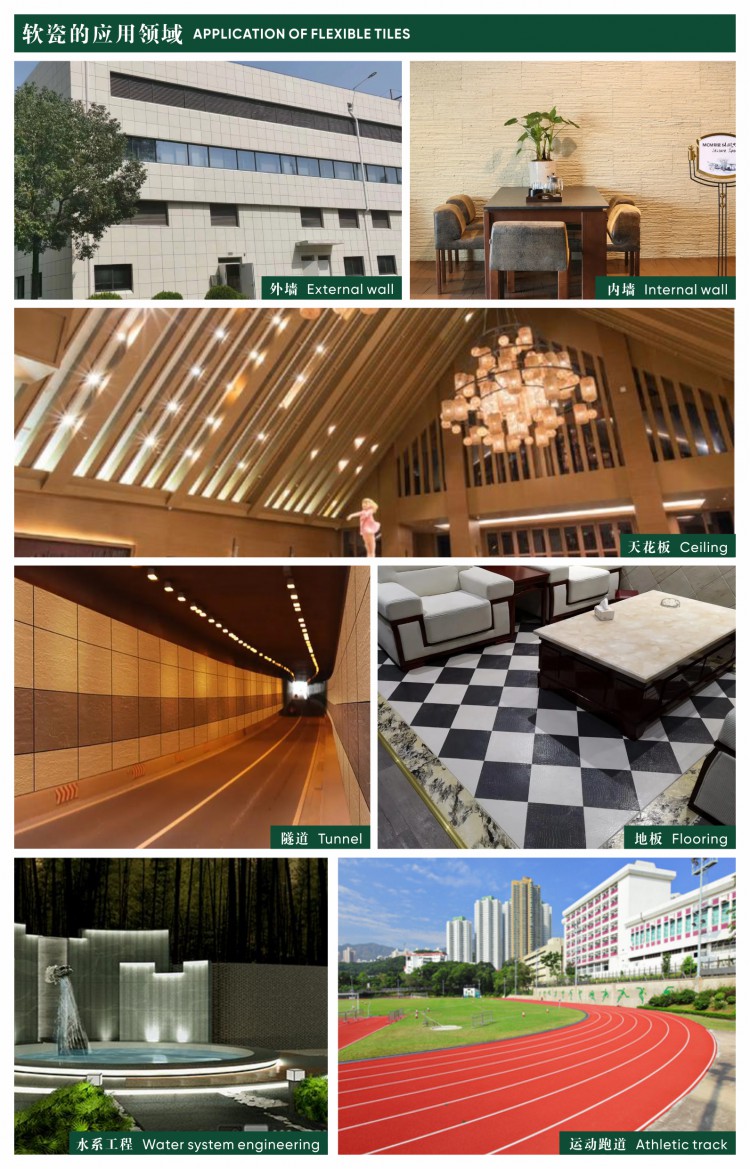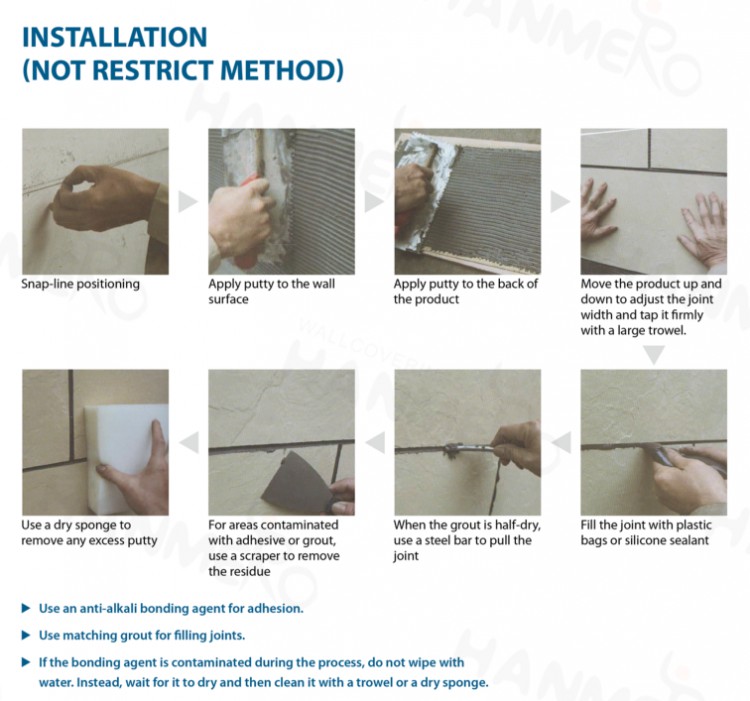

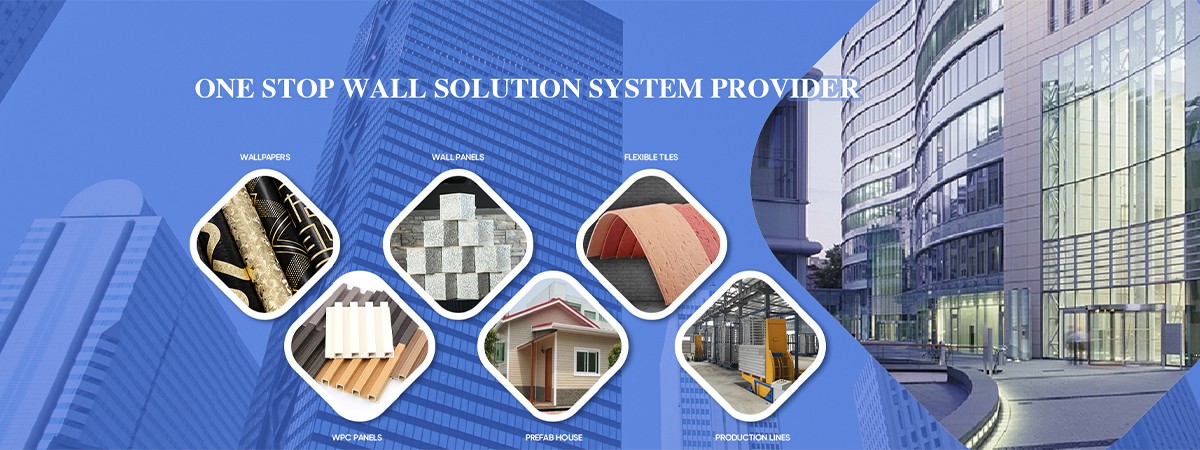
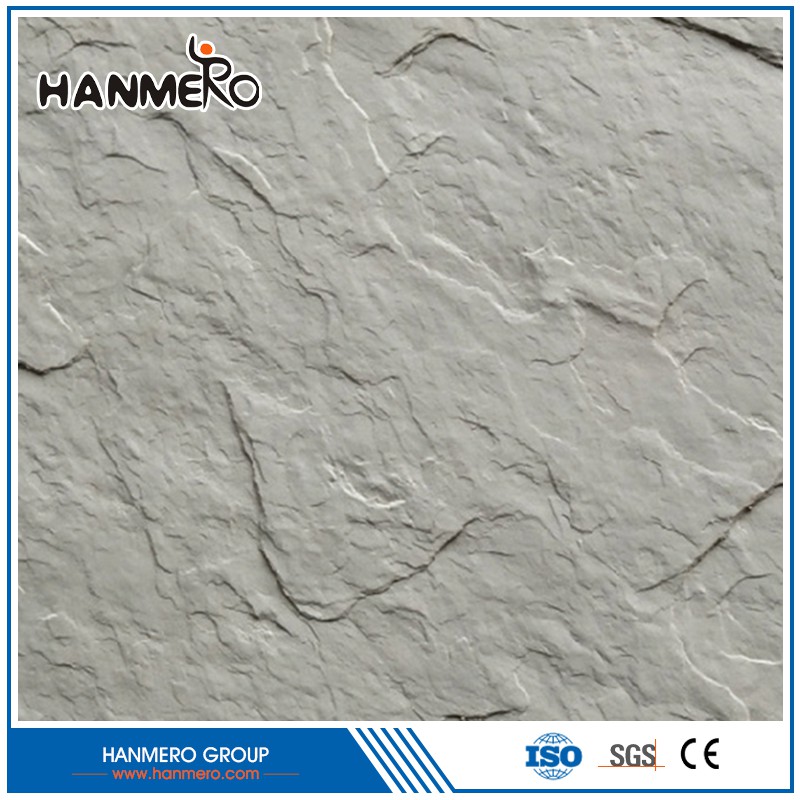
Flexible Tile (MCM material) is a new type of energy-saving low-carbon wall decorative material, which has the characteristics of light weight, good flexibility and various appearance; it is wear-resistant, non-slip and comfortable to the feet when used as a ground decorative material; it is easy and quick to construct, shortening the construction period, saving space and costs compared to traditional materials, and it is not easy to fall off.
Hanmero MCM soft porcelain is a new type of building material which is known for its environmental friendliness, plasticity, fire resistance, ultra-light and ultra-thin, and easy construction. It can be widely applied to spaces such as building interior and exterior wall decoration, style villas, leisure areas and various commercial premises. Its emergence replaces the vast majority of high energy-consuming ceramic products, creating a new urban architectural ecological environment.
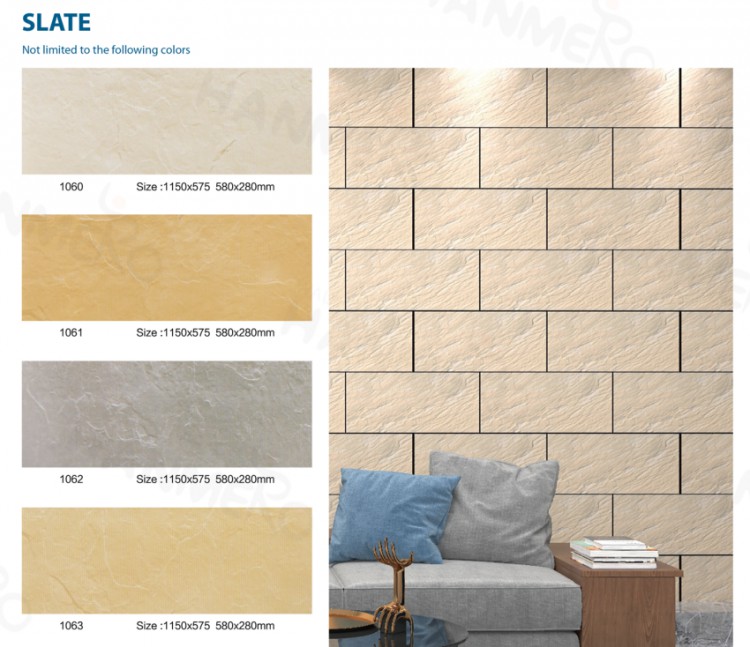
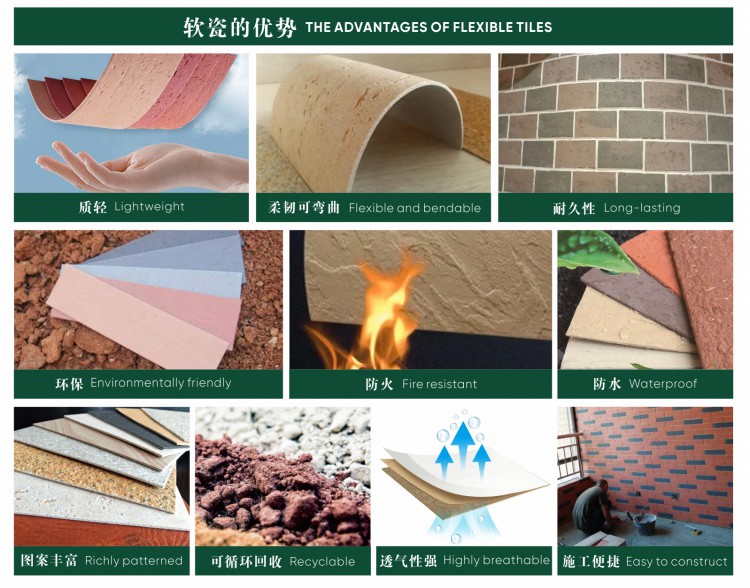
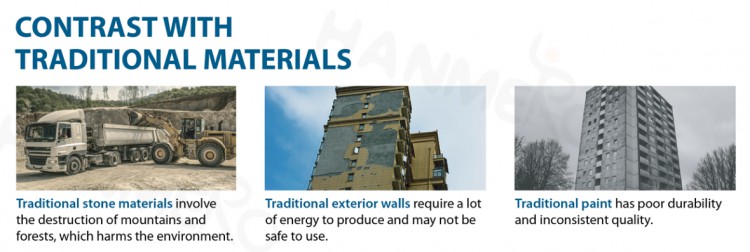
The advantages of soft porcelain stone compared to traditional stone:
1. Environmental advantages: traditional stone, the need to open up the mountain and split the mountain. And soft porcelain stone, inspired by the pattern of precious stone, through technology to achieve a realistic appearance, solving the problem of scarcity of traditional stone.
2.Construction advantages: the stone is bulky and not easy to handle, with high losses in construction and high requirements for labor. And soft porcelain stone, thin and easy to transport, construction is convenient, exterior wall decoration can be directly wet paste, very convenient.
3.Safety advantages: traditional stone used in high-rise walls, there are security risks, if falling from the upper floors, the formation of harm to people downstairs, cars, etc., so there are certain limitations. The soft porcelain stone, the weight is only one of the traditional stone 1/14, in the external wall can be bonded firmly, will not fall, but the appearance of the expressive power and traditional stone exactly the same.
4.Price advantage: from a single product, soft porcelain and general stone varieties, the price is comparable, but relative to the world of expensive stone, soft porcelain stone will have obvious price advantages. In addition, from the comprehensive construction costs, soft porcelain stone has a strong cost-performance advantage, specifically in terms of transport costs, loss costs, construction costs, post-maintenance costs, soft porcelain stone has a greater comprehensive advantage.
5.Expressive power advantage: in expressive power, soft porcelain stone is particularly good at decorating columns, shaped construction, etc. Traditional stone requires a lot of wasted stone.
6.Performance advantages: traditional stone is less resistant to impact than soft porcelain. When struck by a hammer, traditional stone can break, whereas soft porcelain stone can be left intact.
| Comparison Criteria: | Stone material | Exterior brick: | Paints | Aluminum-plastic panel | MCM ecological soft porcelain |
| Durability | Durability | Durability | Easy to fade | Fair | Durable, colorfast for more than 50 years |
| Environmental friendliness | Not environmentally friendly, damaging forests and mountains | Not environmentally friendly, large amounts of carbon dioxide emissions during production | Not environmentally friendly, pollution emissions in production process | Not environmentally friendly, pollution emissions in production process | Environmentally friendly, no discharge of "three wastes" during production, and recyclable |
| Fire resistance | Yes | Yes | / | No | A2 fireproof rating |
| Moisture resistance | Fair | Fair | Poor | Fair | Extremely strong water absorption and air permeability, and in waterproof tests, it can maintain a pressure of 0.3MPa for 30 minutes without leakage |
| Safety | Not safe | Has safety hazards | Safety | Unsafe | Safe, lightweight and thin, earthquake-resistant and crack-resistant |
| Freeze resistance | Good | The highest standard for porcelain tiles is 50 freeze-thaw cycles | Significant differences | Good | After repeated anti-freezing and thawing experiments at -40°C, there is no cracking, peeling, or pulverization. It can withstand 100 cycles of freezing and thawing, twice as high as the highest standard for ceramic tiles. |
| Crack resistance | Poor | Poor | Poor | Poor | Very good |
| Stain resistance | Grade 3 | Grade 1 | Grade 2 | Grade 3 | Grade 1 (smooth) |
| Convenience | Inconvenient for construction | Inconvenient construction | Easy to construct | Inconvenient to construct | Easy to install |
| Representation | Only a stone product | Limited performance expression. | Lack of expression | Lack of expression | Very versatile in terms of appearance, including stone, wood, leather, and metal, among others. |
| Cost-effectiveness | Expensive | Cheap | Cheap | Expensive | High cost-performance, easy to install, saves logistics and time, and reduces labor costs. |
Flexible tiles are made up of elastic materials providing the flexibility as compared to regular tiles, which are constructed by using merely minerals. The flexibility of these tiles is considered an ideal trait for flooring applications where activities like dancing or athletics take place, thus minimizing the risk of impact and potential injury. Today, a huge variety of flexible floor tiles are available possessing features like durability, flexibility and vivid designer patterns. Flexible tiles can be used for outdoor applications as well as in all spaces within offices, schools, homes due to their water-resistant property.
In addition, it is particularly suitable for high-rise building exterior decoration projects, urban renovation of old city exterior wall surface materials, external insulation system of the finish layer, and curved walls, arched columns and other heterogeneous building finishing projects.
